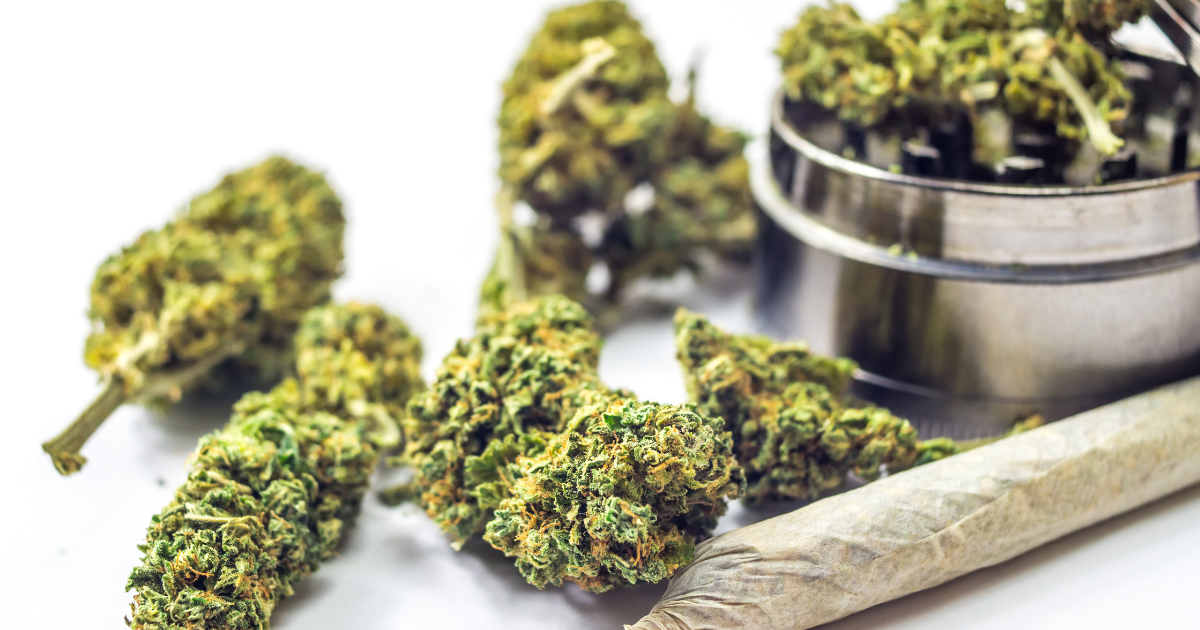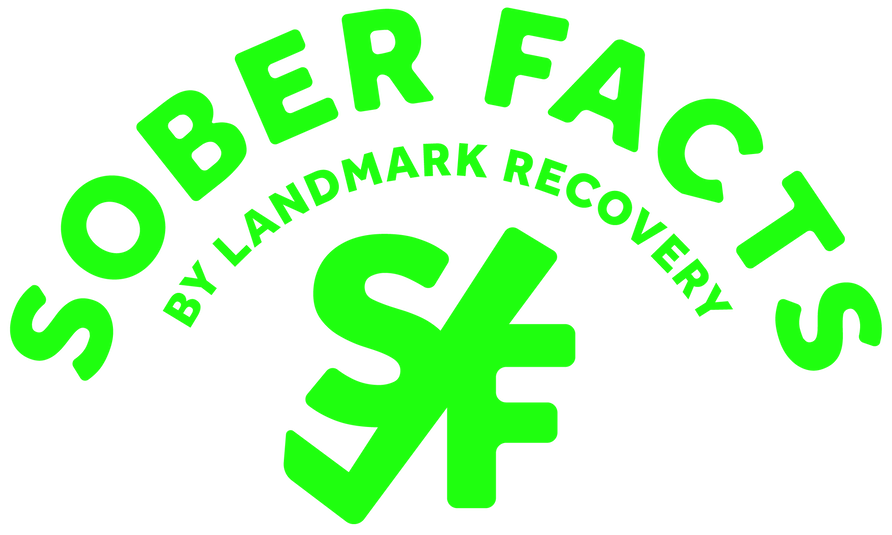Choosing recovery close to home means your support system is just a few miles away.
- 100% Confidential
- Available 24/7
- No Pressure to Commit
- Multiple Financial Options Available
Choosing recovery close to home means your support system is just a few miles away.

Sounds Like: teh.truh.hai.druh.kuh.na.buh.nuhl
Classification: Psychedelic
Controlled Substance Act Schedule: I
Other names for THC

Delta-9-tetrahydrocannabinol, or THC, is the main psychoactive ingredient that causes people to feel high from consuming marijuana. THC stimulates the release of neurotransmitters in the brain that cause pleasurable, euphoric feelings. The drug is not only habit forming, but addictive. Using THC on a regular basis can lead to learning impairment, decreased memory function and anxiety. Many people believe smoking marijuana is somehow more healthy than smoking cigarettes, but that is simply not true. Smoke from marijuana is harmful to the lungs, according to the American Lung Association. Marijuana smokers tend to inhale deeper and hold the smoke in their lungs longer than people smoking tobacco. THC can also raise your heart rate, increasing your risk of heart attack.
Recent research suggests that 30% of people who consume THC on a regular basis have some degree of substance use disorder, according to the National Institute on Drug Abuse. People who begin using marijuana before the age of 18 are four to seven time more likely to become addicted to THC. Marijuana use disorders become addictions when someone can’t stop using the drug, even though it’s negatively impacting their life.
Need help with THC or another drug addiction?
Call Landmark Recovery and speak with an admission specialist today.
Call NowWe're available 24/7 to help you find Recovery
Most people use THC or delta-9 to get high. In some cases the drug can be used to increase appetite, relieve pain and alter someone’s mood. Cannabis has been used medically for hundreds, and perhaps thousands, or years. It’s sometimes prescribed to those experiencing chronic pain. The drug has been proven to help chemotherapy-induced nausea and vomiting.
Marijuana, which contains THC, is often smoked in hand-rolled cigarettes, called joints, or in pipes or water bongs. Concentrations of liquid marijuana extract can be vaporized and inhaled as well. The drug can also be eaten, and may be found in gummies, brownies, cookies, candy or in drinks.

inability to function normally without THC
intense urges or cravings for THC
prioritizing use of marijuana over your job or family
impaired memory
paranoia
hallucinations